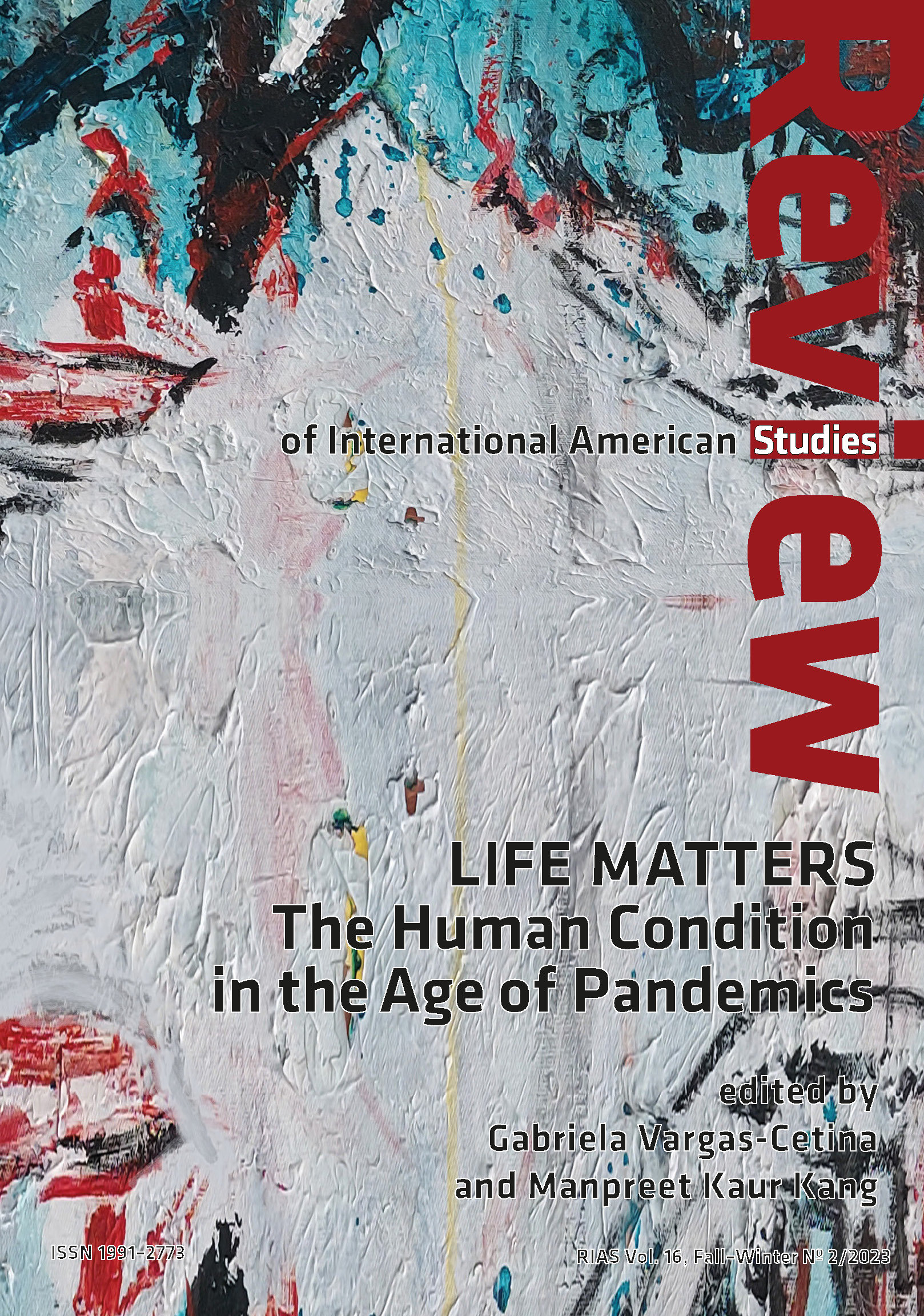LEGACIES OF RESISTANCE. Emerson, Buddhism, and Richard Wright’s Pragmatist Poetics
LEGACIES OF RESISTANCE. Emerson, Buddhism, and Richard Wright’s Pragmatist Poetics
Author(s): Anita PattersonSubject(s): Language and Literature Studies
Published by: Wydawnictwo Uniwersytetu Śląskiego
Keywords: transpacific; pragmatism; haiku; Buddhism; Richard Wright; Ralph Waldo Emerson; John Dewey; T. S. Eliot; modernism; African American literature
Summary/Abstract: Emerson’s affinity with Buddhism has been the source of muchcontroversy, and his adaptation of the doctrine translated as Buddhist“indifference” has been construed as stifling resistance to social injustice.I will revisit this topic, explaining why Emerson figures so prominentlyin discussions of Buddhism by the philosopher D. T. Suzuki and the Britishscholar R. H. Blyth, in order to develop a context for analyzing modesof resistance in Richard Wright’s late haiku-inspired poetry. A centralquestion raised in critical debates is whether or not Wright turns awayin these poems from the social and political concerns of his earlier works.I will show that their significance and force as protest poetry is considerablystronger when regarded in light of Wright’s “tough-souledpragmatism” and an Emersonian pragmatist tradition elaboratedby scholars such as Cornel West, James Albrecht, and Douglas Anderson,a tradition characterized by East-West intercultural exchange thatincludes John Dewey and Ralph Ellison. Contextualized and enrichedby this tradition, the poem Wright selected out of the 4000 to openhis collection, “I am nobody,” can be read as alluding to Ellison’s allusionto Emerson in Invisible Man, protesting what Dr. Martin Luther King Jr.would some years later memorably describe as “a degenerating senseof ‘nobodiness’” in his celebrated “Letter from Birmingham City Jail.” I willconclude with a brief consideration of how Wright’s creative engagementwith Buddhism in the work of T. S. Eliot illuminates Emerson’svastly neglected contribution to the development of high modernism.
Journal: Review of International American Studies
- Issue Year: 16/2023
- Issue No: 2
- Page Range: 159-176
- Page Count: 18
- Language: English

